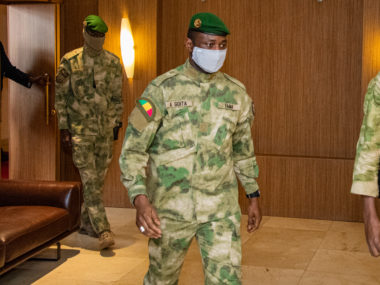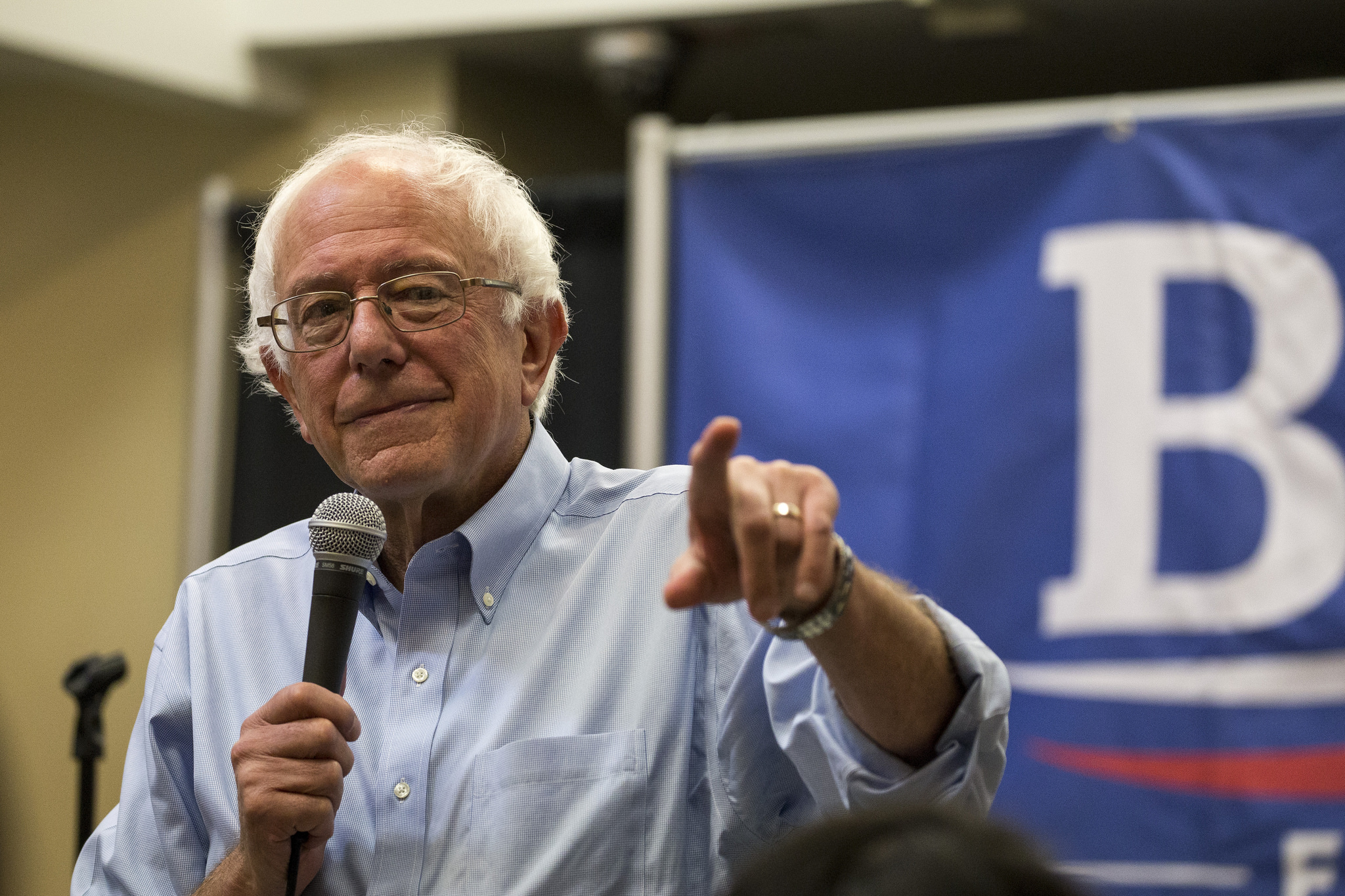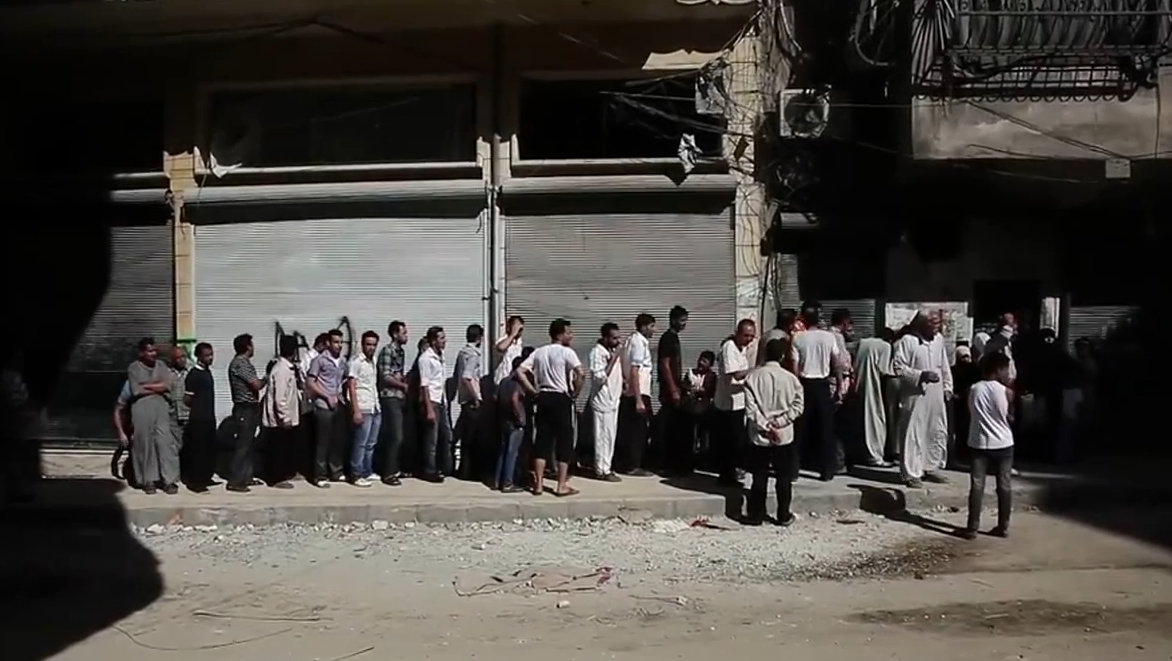All we are saying… is give states a chance (repeat for effect).
Next time you write an article or book on political violence, think about state repression — genocide, one-sided violence, human rights violation, torture, protest policing, counter-insurgency/terrorism — for a second. Just a second. After several decades of rigorous effort, it is fair to say that the majority of our attention in political science has been given to interstate war and civil war. I would say that it would be interesting to count the number of articles over the last five years on terrorism and compare it to the number of articles on repression but regardless, I stand by the claim that most of our attention has been focused on those activities that challenge political authorities. Actually, it’s probably not even close.
Why is this the case? Why do governments get a pass? Well, it’s not because of the actual number of deaths associated with different forms of violence. Chinese and Russian repression alone is believed to account for the deaths of over 200 million people. It’s also not because repression isn’t interesting; Hitler, Pol Pot, McCarthyism and the Red Scare, Cardinal Richelieu, Assad… what’s not to like (or, hate)? It’s the stuff Hollywood films are made of — literally. We also don’t suffer from a lack of information about government repression. The Sudanese state’s actions in Darfur (or as my autocorrect wants to say, “earful”) and their architect Omar al-Bashir are in the news almost daily (no), weekly (no), quarterly (ummm), and victims of state repression have spread globally, with some more than ready to talk.
I would argue that scholars, especially those in political science, who study challenges to governments do so because this is what governments want us to study. In many ways the targets of political scientists’ gaze has been shaped by those whom we examine. This is what governments and foundations pay for — mostly. What’s the last call or program from a government or prominent foundation regarding state repression that you recall seeing posted? Minerva that. The US State Department does produce reports on government oppression in individual countries, but there is little discussion about the war on terror’s inherent coercive government activities; certainly less than the discussion devoted to potential government challengers. Seen any government-sponsored commissions exploring state repression outside of those sparked by the very-public — and subsequently ignored — abuses at Abu Ghraib and Gitmo? Interestingly, newspapers are likely to cover anti-state behavior (historically relying upon governments themselves for stories) as well as what those who use these sources are likely to study. Now I’m not dissing Amnesty, Human Rights Watch, or State Department country reports, but these sources don’t go back far enough, and you know how political scientists like a good time series. New data is being collected but generally it is not focused on repressive behavior. Finally, stories about anti-state challengers are what citizens want to know about — the subversives are out there, you know.
As a result, we end up knowing much less about governments and repressive action than we do revolutionaries and revolution, protesters and protest, rebels and rebellion, and terrorists and terrorism. Here’s the kicker: it turns out that government repression is intricately connected with all of the contentious actors and actions identified above, or at least research is beginning to suggest this relationship. To understand the mass resistance of the Arab Spring, therefore, you have to understand the “Arab Winter’s” decades of regime repression. It might be good for the Arab “Summer” and “Fall” as well (just wait for these, they’re coming). While debates rage about whether or not and, more importantly, how aggregate/distant proxy variables such as democracy and economic development affect societies, barely a murmur has been heard about the importance of state repressive action in provoking challenges to the state itself. Even less is mentioned about what governments do covertly against potential as well as actual challenges before, during, and after overt challenges manifest.
Next time you pick up the pen, touch the keyboard or turn on that dictation software, therefore, all we are saying… is give states a chance (repeat for effect)
Note: John Lennon might have mixed emotions about my use of the phrase but after reflecting I think he would agree. It also doesn’t really fit the song’s rhythm either, but maybe Kanye West could come up with something — he is a genius after all.







11 comments
I agree with Christians’ point that as a field our attention has been drawn to counter state-movements, insurgent groups, rebels, etc., often at the cost of our understanding of how states themselves practice repression. Christian points out that we have precious little longitudinal data on state repression, which is true. I think the problem is also, though, that our focus has been on a few relatively unrepresentative samples. How many meticulous, document-driven studies have been conducted of repression in Nazi Germany or Stalinist Russia, elucidating the the machinations of the labor and death camps, the internal bureaucracy, etc.? (I’ve read probably a half dozen on each country– and they’re not even in my field!) But these examples, arguably the two closest approximations of the totalitarian regime type, are actually atypical when we consider repression more broadly among the much wider class of authoritarian and democratic states.
One especially important variable that Christian alludes to in his mention of Darfur is state capacity. In the developing world especially it is common for states to devolve violence to armed non-state actors like the janjaweed, who function as a kind of vigilante force allied with– but separate from– the government. Such repressive tactics often don’t leave the kind of paper trail necessary for much historical analysis. They also give governments a measure of plausible deniability for coercion, making it that much harder to study them.
Thanks for your piece, Christian. Certainly, analyses of state repression have been relatively limited compared with those of analysing revolutionaries, terrorists, insurgent groups, dissidents, and all those generally challenging state authorities.
I believe there is a growing body of work addressing ‘low-level’ state repression, especially where variants of neo-liberalism and forms of hybrid authoritarian regimes combine to create and shape societies — I’m referring specifically to Southeast Asia, my part of the world.
Watch this (my) space. There will be more information coming your way…
State repression is indeed an understudied phenomenon. More recently, there is overwhelming interest in rebel organization phenomena, such as defection or fragmentation. Yet, the state generally remains “black-boxed” in the sense that it is still viewed as a unitary actor with static preferences. Once we open the black-box of the state and look at the preferences and behavior of various state actors (security services; the army; intelligence services), we’ll certainly have a better view of the cross-national variation in repression.